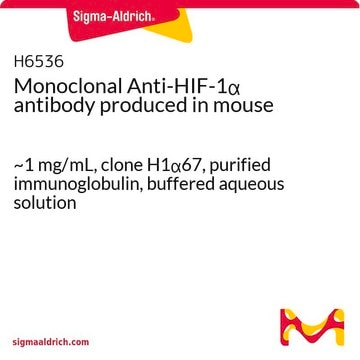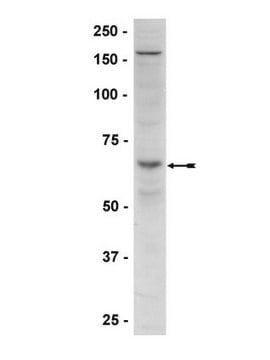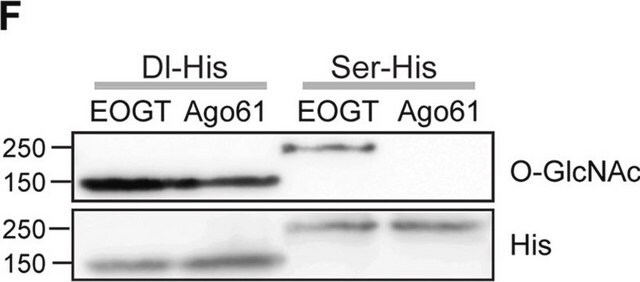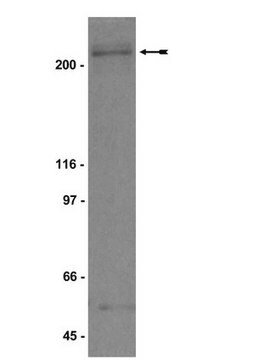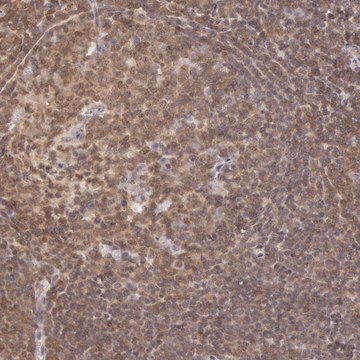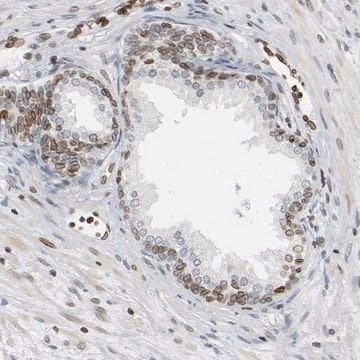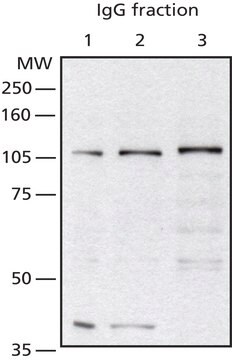07-363
Anti-AMPK α2 Antibody
Upstate®, from rabbit
Synonym(s):
AMP-Activated Protein Kinase, AMPK
About This Item
Recommended Products
biological source
rabbit
Quality Level
antibody form
purified immunoglobulin
antibody product type
primary antibodies
clone
polyclonal
species reactivity
human, rat
manufacturer/tradename
Upstate®
technique(s)
western blot: suitable
isotype
IgG
NCBI accession no.
UniProt accession no.
shipped in
dry ice
target post-translational modification
unmodified
Gene Information
human ... PRKAA2(5563)
Specificity
Immunogen
Application
Signaling
Insulin/Energy Signaling
Quality
Target description
Physical form
Storage and Stability
Analysis Note
Rat liver preparation
Other Notes
Legal Information
Disclaimer
Not finding the right product?
Try our Product Selector Tool.
Storage Class Code
10 - Combustible liquids
WGK
WGK 1
Certificates of Analysis (COA)
Search for Certificates of Analysis (COA) by entering the products Lot/Batch Number. Lot and Batch Numbers can be found on a product’s label following the words ‘Lot’ or ‘Batch’.
Already Own This Product?
Find documentation for the products that you have recently purchased in the Document Library.
Articles
Autophagy is a regulated process involved in cell growth, development, and recycling of cytoplasmic components in cells.
Autophagy is a regulated process involved in cell growth, development, and recycling of cytoplasmic components in cells.
Autophagy is a regulated process involved in cell growth, development, and recycling of cytoplasmic components in cells.
Autophagy is a regulated process involved in cell growth, development, and recycling of cytoplasmic components in cells.
Our team of scientists has experience in all areas of research including Life Science, Material Science, Chemical Synthesis, Chromatography, Analytical and many others.
Contact Technical Service